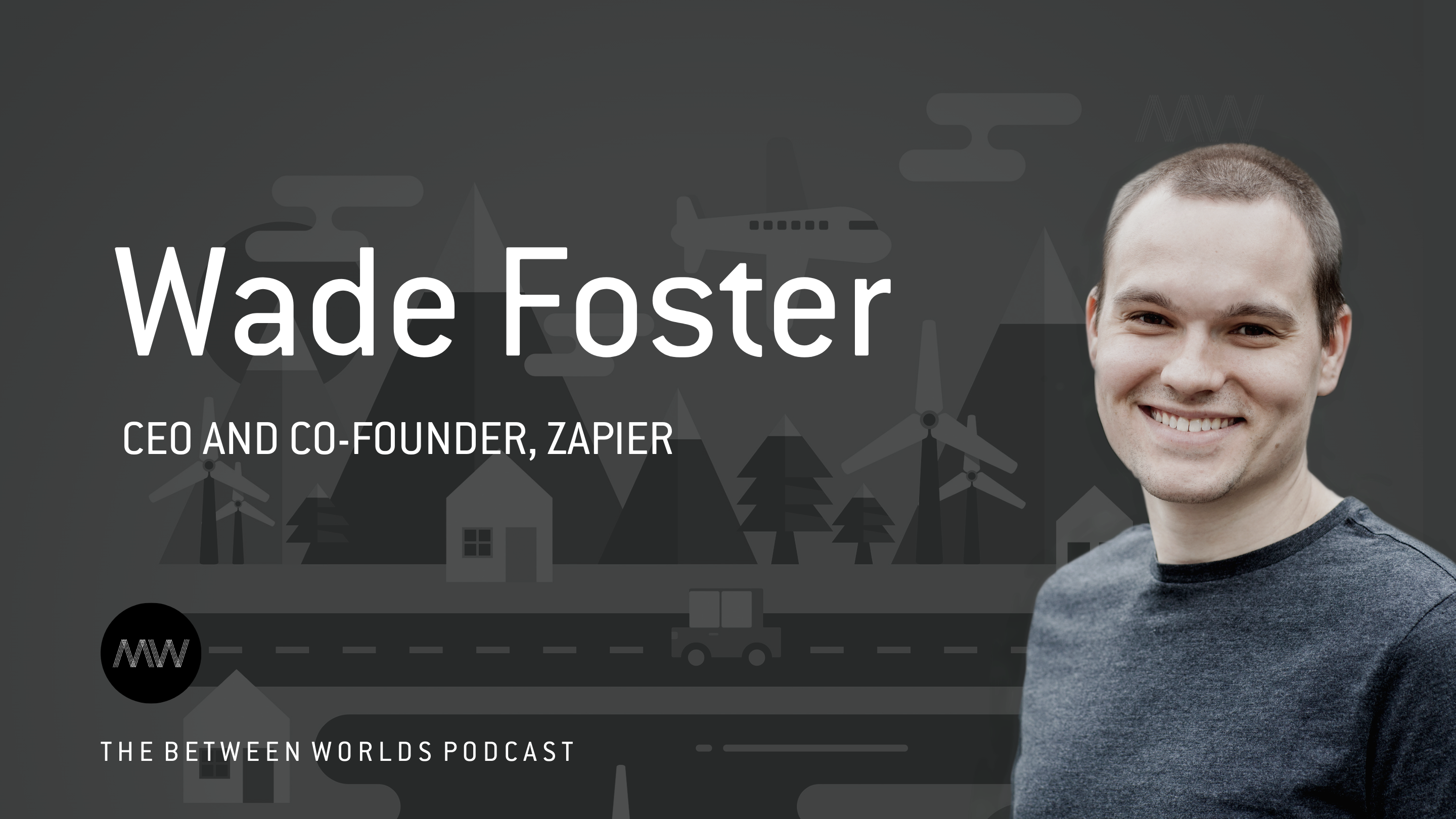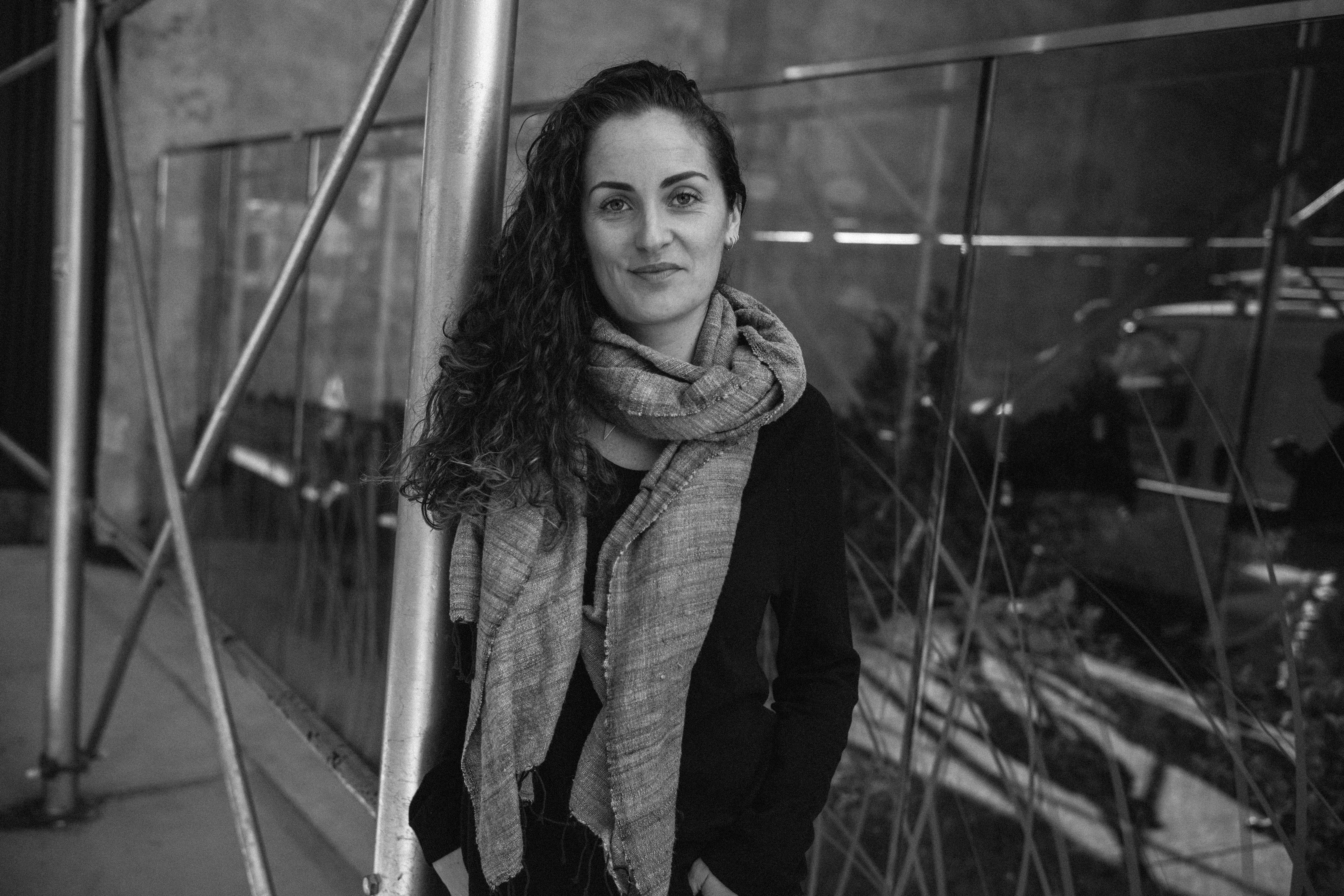
While for many of us ‘working from home’ has been a new and unexpected challenge, for some companies, remote is how they were designed from the beginning. Zapier, a leading software automation platform, is one such of these. However, what makes Zapier a fascinating case study is not just their lack of physical offices, but the systems, workflows and practices that they have evolved to make their distributed organization function effectively. In this interview, I chat with Zapier’s CEO and co-founder, Wade Foster. Prior to Zapier, Wade worked as a customer development lead for The Idea Works, Inc. in Missouri. He is an alumni of Y Combinator and has degrees in industrial engineering and business administration from the University of Missouri-Columbia.





